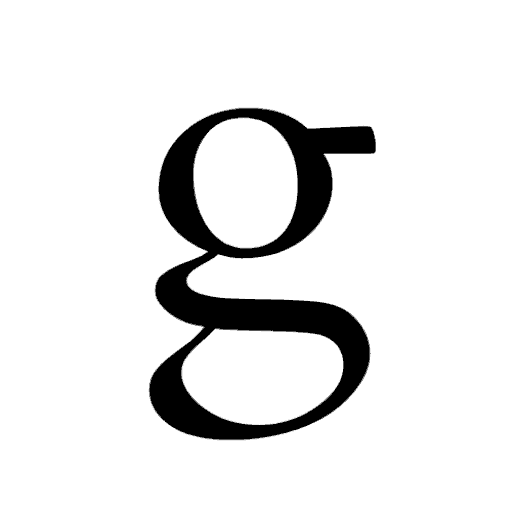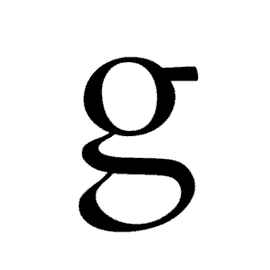Drier is an adjective used to describe something with less moisture, while dryer is a noun referring to a machine or device used to remove moisture from items.
Drier and dryer are two words that are often confused due to their similar spellings and pronunciations. However, they serve different purposes and convey distinct meanings in the English language.
When do we use drier?
Drier, spelled with an "i," is the comparative form of the adjective "dry." It is used when you want to compare the dryness of two things or describe something that is less wet or moist than another.
When do we use dryer?
Dryer, spelled with a "y," is a noun that refers to a machine or appliance used for drying something, typically clothing or fabrics, after they have been washed or exposed to moisture.
How to differentiate between the two words.
To distinguish between these two words, remember that "drier" with an "i" relates to the degree of dryness or a comparison, while "dryer" with a "y" is a machine used to remove moisture. Understanding this difference helps in accurate usage and communication in both written and spoken English.
Common idioms/phrases
The words "driver" and "dryer" do not commonly appear in idiomatic expressions or phrases. However, "driver" and "dryer" can be part of idiomatic expressions or phrases that relate to specific contexts or industries. Here are a few examples:
- Driver of change: In business or social contexts, this phrase refers to a factor or force that leads to significant changes or influences a situation. For instance, "Technological advancements have been a driver of change in the industry."
- Driver's seat: This expression means being in control or having the dominant position in a situation. For example, "With the merger, our company is now in the driver's seat in the market."
- Driver of success: In various contexts, this phrase describes a key factor or element that contributes significantly to achieving success. For instance, "Innovation has been a driver of success for this startup."
- Drive a hard bargain: This idiom means to be a tough and shrewd negotiator when making a deal or reaching an agreement. It doesn't directly involve the word "driver," but it relates to the concept of driving a negotiation.
- Blow-dry: This term refers to the process of drying hair using a blow dryer or hairdryer. While not an idiom, it is a common phrase in hairstyling.
- Dry run: This expression is used in various contexts to refer to a rehearsal or practice session to test a system, procedure, or plan without actually implementing it. It doesn't directly involve the word "dryer," but it is related to the concept of dryness or lack of real action.
Remember that the words "driver" and "dryer" are typically used in specific and literal contexts, and idiomatic expressions with these words are relatively limited.
Practice sentence
- After a heavy rain, the sun came out, making the weather much drier/dryer.
- She used a towel to make her hands drier/dryer after washing them.
- The clothes on the clothesline were still damp, so she decided to put them in the dryer/drier.
- The hairdresser used a drier/dryer to set the style after cutting and styling the client's hair.
- The desert climate is significantly drier/dryer than the rainforest's humid environment.
- He purchased a new dryer/drier for his laundry room because the old one was no longer working.
- The chef used a paper towel to pat the chicken pieces drier/dryer before seasoning them.
- In the laundry room, there was a stackable washer and dryer/drier for convenience.
- After the swim in the pool, they wrapped themselves in towels to get drier/dryer.
- The humidity level dropped, making the air feel drier/dryer and more comfortable for outdoor activities.
Discover more about the AI English proofreader, Engram!

Answer
- drier
- drier
- dryer
- drier
- drier
- dryer
- drier
- dryer
- drier
- drier














